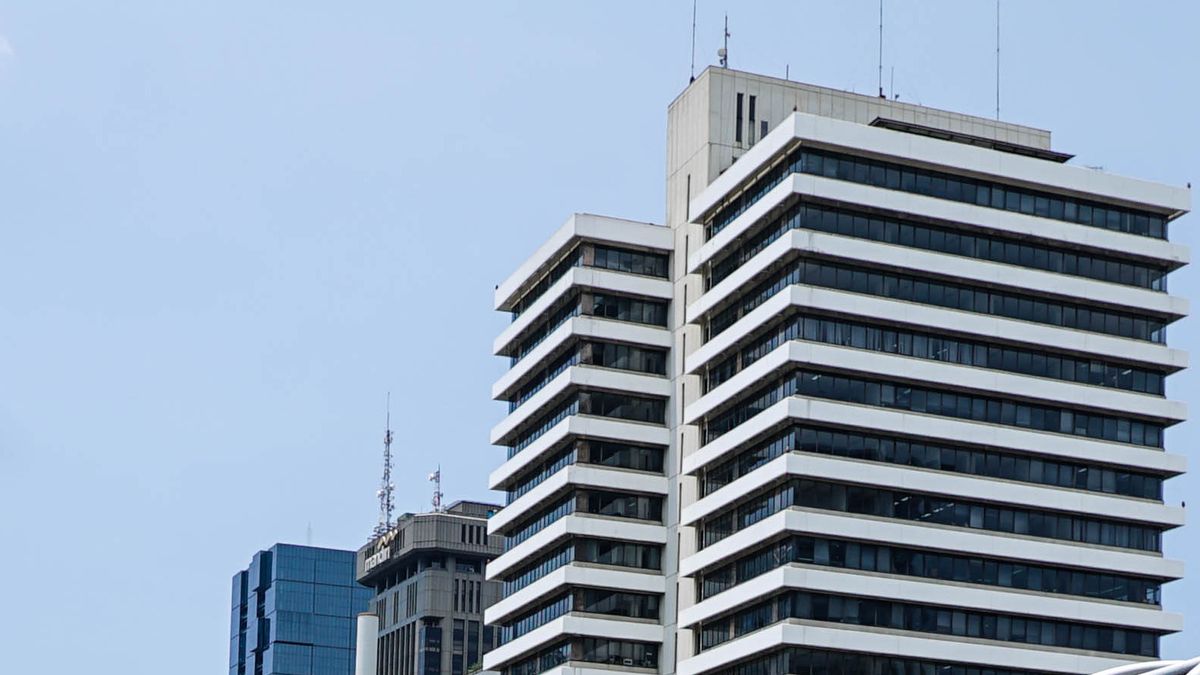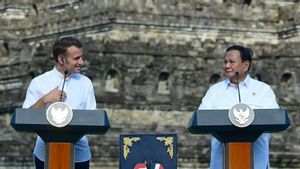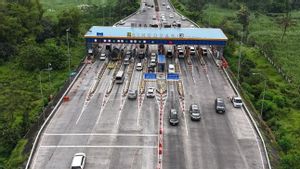JAKARTA - Commercial real estate investment in Asia Pacific tended to weaken during the first quarter of 2020, declining by 26 percent compared to last year amid the COVID-19 outbreak, which had an impact on capital flows to various industries and asset classes.
According to the latest data from the JLL Global Capital Flows report, Asia Pacific real estate transaction volume fell to US $ 34 billion in Q1 2020. China, Hong Kong and Singapore were the most affected markets in Asia Pacific, with investment activity declining at least 60 percent. compared to last year.
The smallest impact was felt by South Korea and Japan, where investment activity did not change much or was slightly higher than last year.
"The decline in the volume of Asia Pacific transactions in the first quarter of 2020 was expected, given the impact of the COVID-19 situation. Many investors have stopped activities due to uncertain economic conditions and many business deals were affected," said Stuart Crow, CEO of Capital Markets, Asia Pacific, JLL in a statement received by VOI, Tuesday, May 12.
He also sees that the decline in activity will continue into the second quarter of 2020, with trading volumes that tend to bounce back and strengthen in the second half of this year.
"There are a lot of well-capitalized investors waiting for opportunities, and we think a dislocation in the market will create a lot of deals in most sectors," said Stuart.
All commercial real estate sectors were affected by COVID-19 in the first quarter of 2020, with varying levels of investment flows compared to last year. Retail investment volume recorded the most significant contraction, dropping 39 percent year on year (YoY) due to the implementation of lockdowns and safety distance measures in many areas.
The need for office assets remains high for both overseas and domestic investors, but volumes are down 36% year on year, despite the large-scale sales of office assets in China, Japan and South Korea.
Hotel transaction activity eased by 22% year on year, partly helped by certain offers that were finalized at the start of the quarter in Japan and South Korea. The industrial and investment logistics sectors were the most resilient asset class in Asia Pacific in the first quarter, with activity growth reaching 9% YoY.
"The investors we are talking about will remain calm and optimistic, but also committed to playing a bigger role in the Asia Pacific real estate market in the long term. The overall impact of the COVID-19 outbreak on investment markets is expected to start to become more apparent in Q2 when investors focus on their existing portfolios and take their time waiting for the right opportunity, "said Regina Lim, Executive Director, Capital Markets Research, Asia Pacific, JLL.
Optimistic Second Quarter 2020 Improves
However, as business activity in China gradually returned to normal in March and some economies in the region have managed to avoid an overall regional shutdown, Regina believes the material decline is unlikely to be lower than this quarter.
And here is an important overview of the property market in Asia Pacific countries:
1. Australia
Transaction volume decreased 28% (YoY). The Sydney and Melbourne CBD markets survive the first trimester. The retail investment market slumped sharply 78 percent per trimester when large property sales were delayed or canceled due to a lack of enthusiasm for shopping center properties.
2. China
Investment activity in the first trimester in mainland China was badly affected, a drop of 62 percent (YoY). During the first trimester, many investors put off investing and many sellers put off sales plans. However, domestic companies already dominate most of the office asset transactions, especially in Shanghai, for the benefit of the owners.
3. Hong Kong
The total volume of transactions in Hong Kong in the first trimester decreased 74 percent (YoY), with the COVID-19 outbreak exacerbating problems caused by social unrest. In such a situation, there are limited simultaneous transactions and the gap between buyer and seller remains very wide.
4. Japan
Investment activity remains resilient, remains flat compared to last year as big deals coming from outside the country are helping to mitigate the impact of COVID-19. Office and retail investment activities decreased in the first quarter of 2020, while the volume of transactions in the logistics, hotels and housing sectors increased compared to last year during the quarter.

5. Singapore
The country predicts investment volumes to plunge 68% year on year as the outbreak weighs on markets. Coupled with the absence of any leading assets available for sale and the increased risk of recession, investors are becoming more cautious about spending more time on asset management and delaying the spread of capital for now.
6. South Korea
Transaction volume in Q1 2020 increased, representing 33% YoY growth. The healthy flow of capital to the office sector helps markets remain resilient during the uncertainty of COVID-19, but given that many deals that were transacted are a continuation of last year, the volume for the quarter may not fully reflect the true impact.
The English, Chinese, Japanese, Arabic, and French versions are automatically generated by the AI. So there may still be inaccuracies in translating, please always see Indonesian as our main language. (system supported by DigitalSiber.id)













